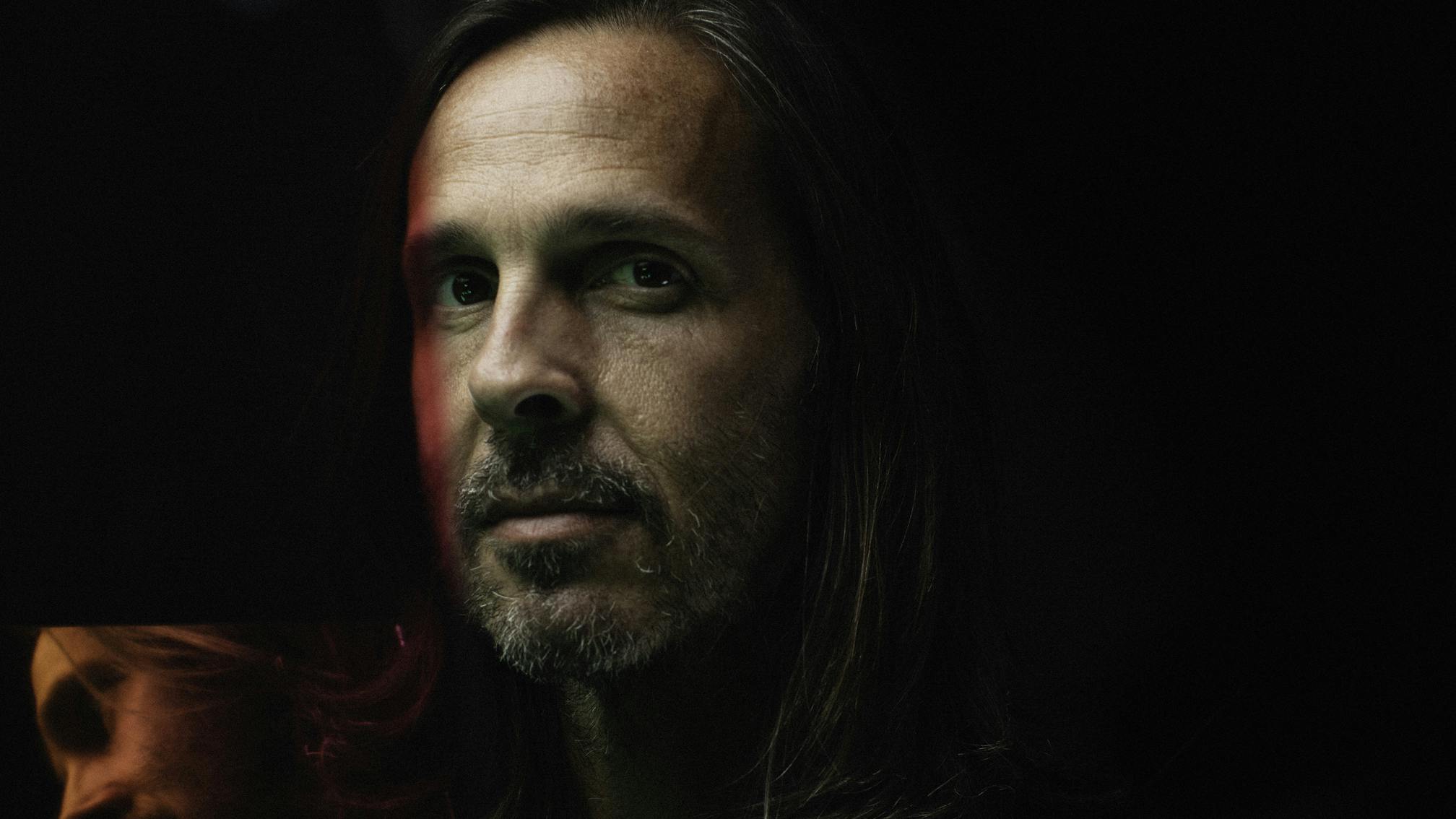Arguably Quicksand’s biggest hit, this venomous but tuneful post-hardcore classic was re-recorded from the group’s self-titled EP for their debut album.
“Quicksand had developed out of another project I was doing called Moondog, which had more touches of hardcore. I felt like we had more room in Quicksand to make rock music in the spirit of what Soundgarden, Jane’s Addiction and Fugazi were doing at that time. Omission was a mission statement: what’s the first song I want to hear from this band? I was going for [something like] a part in D’yer Mak’er by Led Zeppelin: that kind of groove and plugging in what Sergio [Vega, bass] and Tom [Capone, guitar] bring really well.
“I think early on, Quicksand lyrics were still pretty straightforward, but it’s no longer about, ‘What we [the New York hardcore scene] all stand for’, it’s more like, ‘I’ve been cast into a larger pond and I’m trying to figure it out’, which is a point in everybody’s life.”
